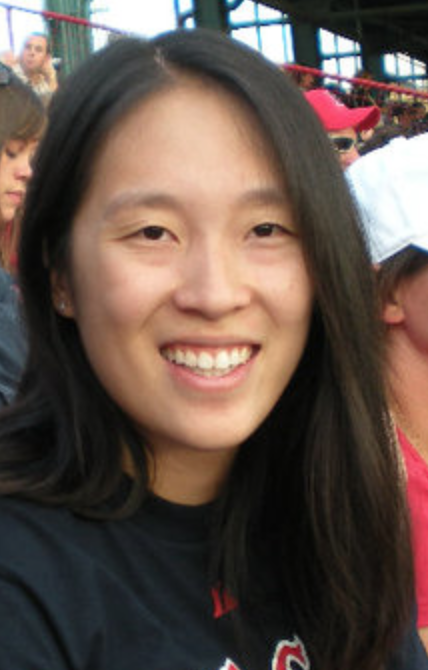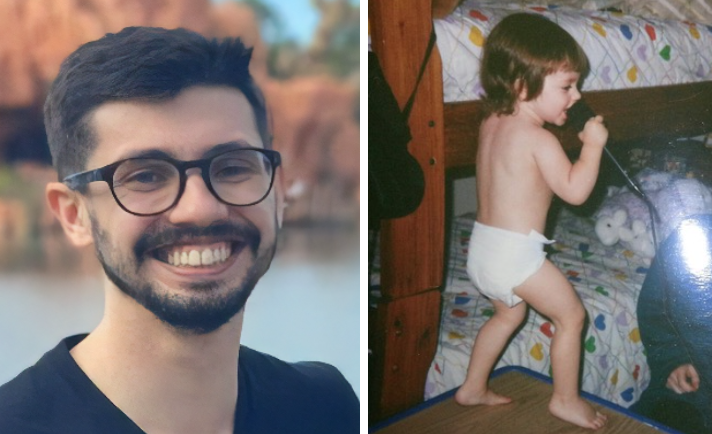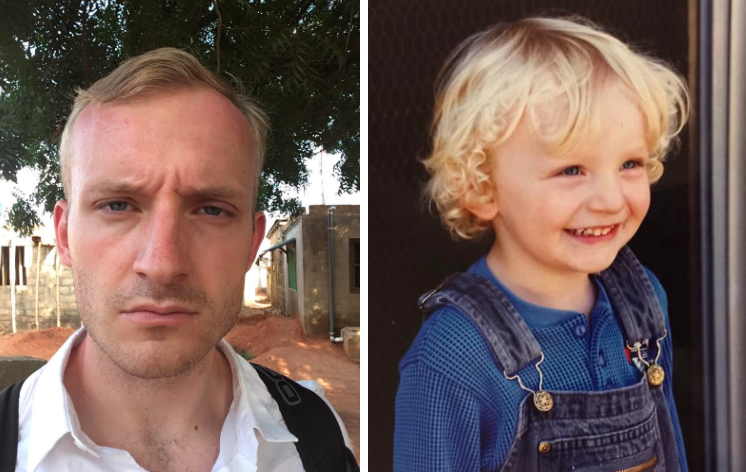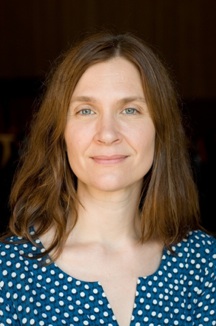Jesse Snedeker
Professor
Harvard University – Department of Psychology
33 Kirkland St.
Cambridge, MA 02138
Hanna Shine
Lab Manager
[email protected]
617-946-7175
Tanya Levari
Postdoctoral Researcher
Every sentence that we hear and understand requires us to integrate information from a wide variety of sources: from the words, the grammar, the intonation, the context, etc. I am interested in understanding the mechanisms that make this possible and their development across the lifespan by studying online sentence processing. My current work focuses on the role of executive functioning in online ambiguity resolution.



Irene Canudas Grabolosa
Postdoctoral Researcher
I’m a postdoctoral researcher investigating the intricate connection between language and cognition. My primary focus lies in dissecting the fundamental conceptual elements that play a crucial role in scaffolding language acquisition. My recent projects include work on understanding of logical structure and quantification in infancy, as well as children’s understanding of alternative possibilities. Currently, my research revolves around exploring how events and event roles (agent, patient…) are represented in the absence of language.
Simge Topaloğlu
5th Year PhD Student
My research focuses on the acquisition of semantics, specifically on how young children converge on an adult-like interpretation of sentences with complex semantic content. I am also interested in finding out whether and how children are able to integrate multiple sources of linguistic information (prosody, pragmatics, etc.) to comprehend sentences.
Maggie Kandel
5th Year PhD Student
I am interested in studying language acquisition as a way to investigate the fundamental properties of human language as well as the mechanisms responsible for language comprehension and production.


Briony Waite
1st Year PhD Student
…
Yuhui Huang
1st Year PhD Student
…
Summer Interns

Itzel Sanchez
Computer Science and Neuroscience Concentrator at Harvard College. Working with Maggie Kandel on an EEG study exploring the influence of context on linguistic prediction.


Jesse McIlhenny
Linguistics and Philosophy major at Pomona College. Working with Briony Waite on an EEG study exploring linguistic prediction across development.


Isabel Sichlau
Psychology and Spanish major at the University of Pittsburgh. Working with Hanna Shine on an EEG study exploring predictive processing in children with and without Autism Spectrum Disorder.


Hillary Jean-Gilles
Neuroscience concentrator at Harvard College. Working with Irene Canudas Grabolosa on a non-linguistic task exploring the concepts of manner and path.


Emily Yau
Psychology and Linguistics major at the University of California, Santa Barbara. Working with Yuhui Huang on an EEG study exploring linguistic prediction in a code-switching context.

Lab Alumni

Annemarie Kocab
Post-Doctoral Researcher
A unique property of the human mind is that it is capable of creating and acquiring languages. All groups of people have symbolic systems capable of expressing complex events and beliefs about the words, their past experiences, and their future aspirations. No other animal has a communication system with the scope and complexity of human languages, and no other animal can acquire such as system as readily as we do. What properties of the human mind give rise to language? How does the structure of language reflect the structure of the mind? What role do social interactions play in the emergence of language? I explore these questions by studying an emerging language, Nicaraguan Sign Language. I also look at parallel questions using language creation paradigms with children and adults in the laboratory.

Anthony Yacovone
PhD Student
Nothing in nature exists in isolation—this includes human language, which unfolds moment-by-moment in rich environments. My research investigates how humans integrate knowledge from their surroundings (e.g. perceptual, conceptual, and linguistic inputs) to draw inferences about the world. Currently, I focus on how this integration between language and context is implemented in the brain, and how this system functions and malfunctions in real-world contexts.

Joseph Coffey
PhD Student
In order to learn language quickly and efficiently, children must be able to take advantage of the learning opportunities that are available in their surroundings. Because these opportunities vary greatly across households, communities, and cultures, children need to be flexible and adaptive in how they learn from those around them. My research investigates how the kinds of input children encounter shape the ways they learn from others, as well as how that input is affected by the values and beliefs of their caregivers and communities.



